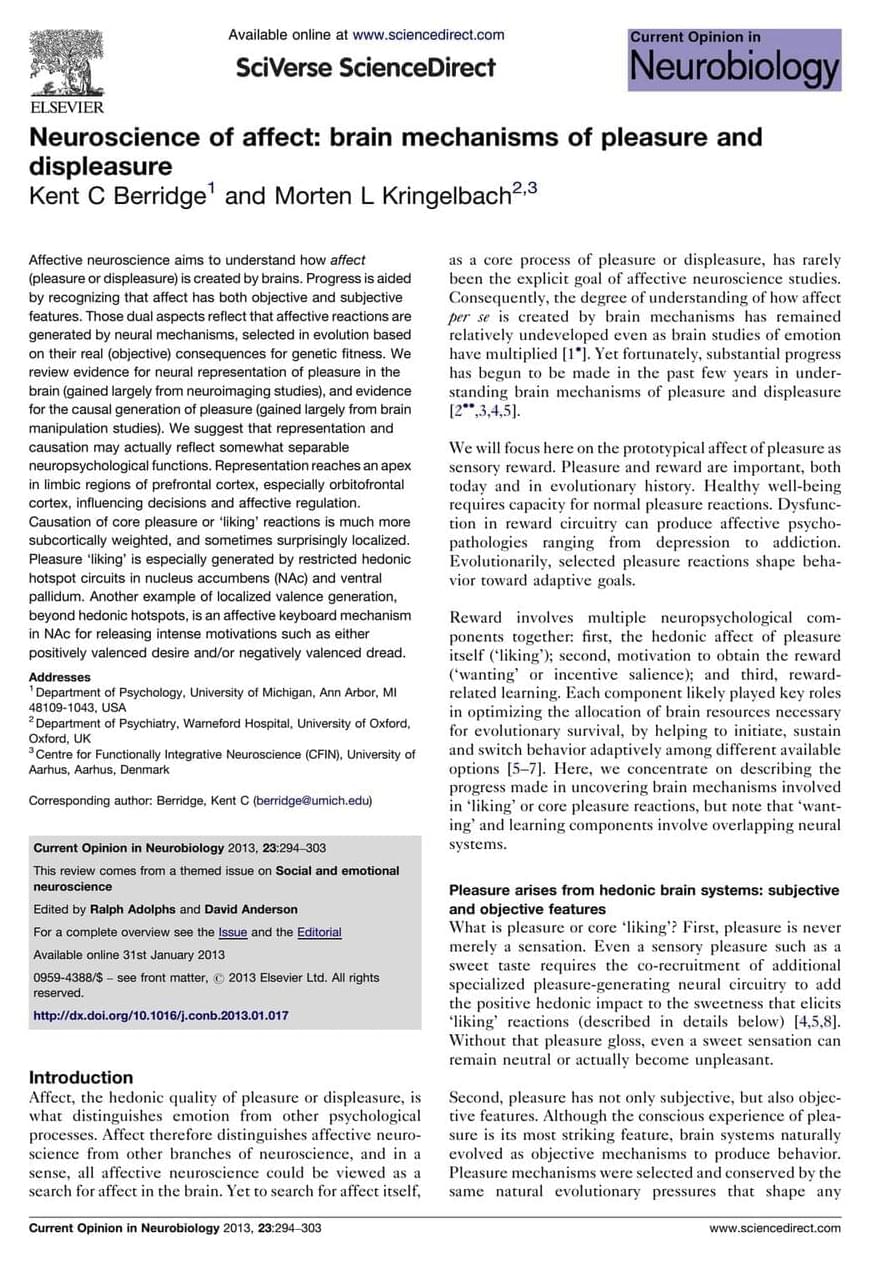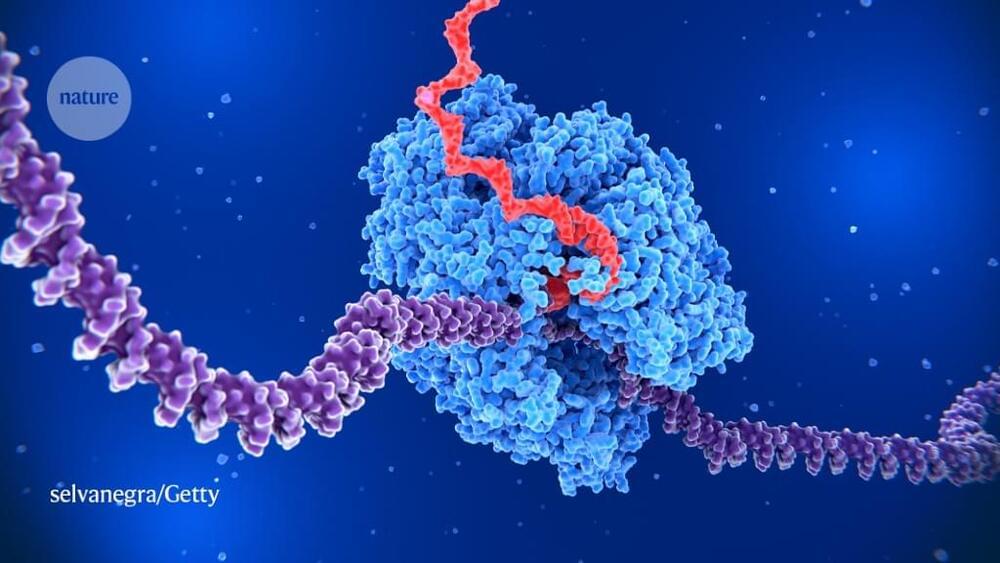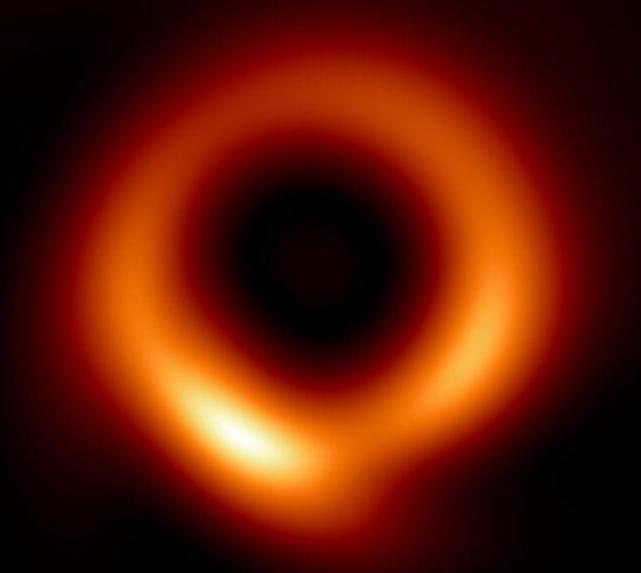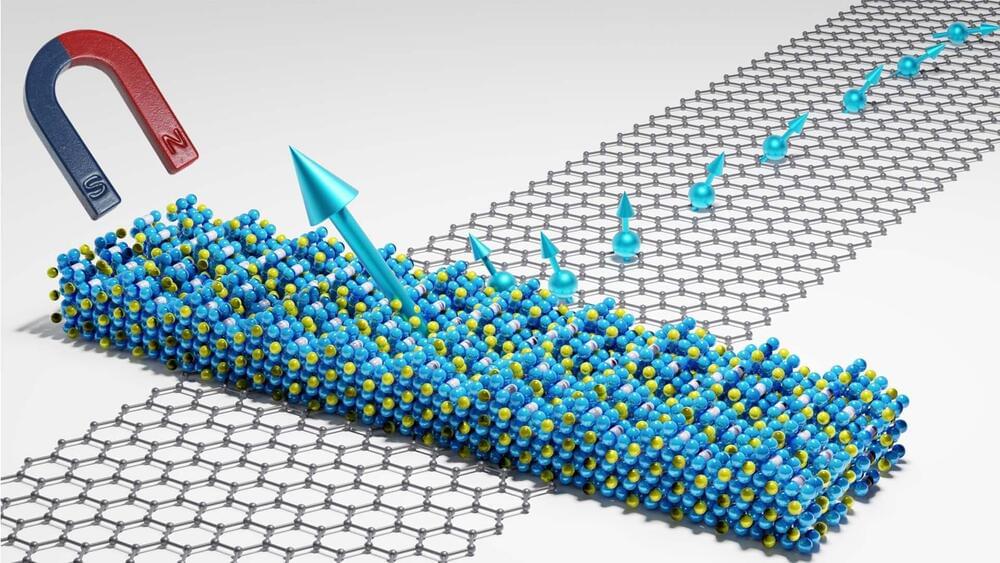Francis Lavigne-Theriault/iStock.
Recently, the satellite internet service has also helped an Emmy award-winning meteorologist and storm chaser Nick Stewart to live stream a tornado.
Francis Lavigne-Theriault/iStock.
Recently, the satellite internet service has also helped an Emmy award-winning meteorologist and storm chaser Nick Stewart to live stream a tornado.




According to this article Colorado will run out of water by 2050. The way we can stop this situation is with desalinated water that can fill underground aquifers.
Nearly half a million homes in the Centennial State could be without water by 2050. Colorado River reservoir levels are in a free fall. And local farmers already don’t have the supplies they need. What happens next depends on what we do today.

The 3D-printed appendage is designed to be low-cost and energy-efficient, capable of carrying out complex movements despite not being able to use each finger independently.
Professor Fumiya Iida, of the University of Cambridge’s Bio-Inspired Robotics Laboratory, said the goal was to “simplify the hand as much as possible”.

Quantum computing and simulations are creating transformative opportunities by exploiting the principles of quantum mechanics in new ways to generate and process information. It is expected that a variety of areas ranging from day-to-day activities to making advanced scientific discoveries are going to benefit from such computations. Several early stage applications of quantum computing and simulation have already been demonstrated, and these preliminary results show that quantum computing and simulations could significantly accelerate the deployment of new technologies urgently needed to meet the growing demand for energy while safeguarding the environment.
Primordial holes formed in the exotic conditions of the big bang may have become their own source of matter and radiation.
The standard story of the early universe goes like this. When our cosmos was incredibly young, it underwent a period of incredibly rapid expansion known as inflation. Then inflation went away and flooded the universe with particles and radiation in the hot big bang. Then the universe expanded and cooled, and as it did so the density of that matter and radiation dropped. Eventually the matter got itself together informed stars, galaxies and clusters.
But new research suggests that this simple story may be missing a key ingredient: primordial black holes. Currently we know of only one guaranteed way to create black holes. That’s through the deaths of massive stars. When they collapse in on themselves at the end of their lives, they reach high enough densities to overwhelm every other force and trigger the formation of a black hole.

The discovery of new quantum materials with magnetic properties could pave the way for ultra-fast and considerably more energy-efficient computers and mobile devices. So far, these types of materials have been shown to work only in extremely cold temperatures. Now, a research team at Chalmers University of Technology in Sweden are the first to make a device made of a two-dimensional magnetic quantum material work in room temperature.
Today’s rapid IT expansion generates enormous amounts of digital data that needs to be stored, processed, and communicated. This comes with an ever-increasing need for energy—projected to consume more than 30% of the world’s total energy consumption by 2050. To combat the problem, the research community has entered a new paradigm in materials science. The research and development of two-dimensional quantum materials, that form in sheets and are only a few atoms thick, have opened new doors for sustainable, faster and more energy-efficient data storage and processing in computers and mobiles.
The first atomically thin material to be isolated in a laboratory was graphene, a single atom-thick plane of graphite, that resulted in the 2010 Nobel Prize in Physics. And in 2017, two-dimensional materials with magnetic properties were discovered for the first time. Magnets play a fundamental role in our everyday lives, from sensors in our cars and home appliances to computer data storage and memory technologies, and the discovery opened for new and more sustainable solutions for a wide range of technology devices.